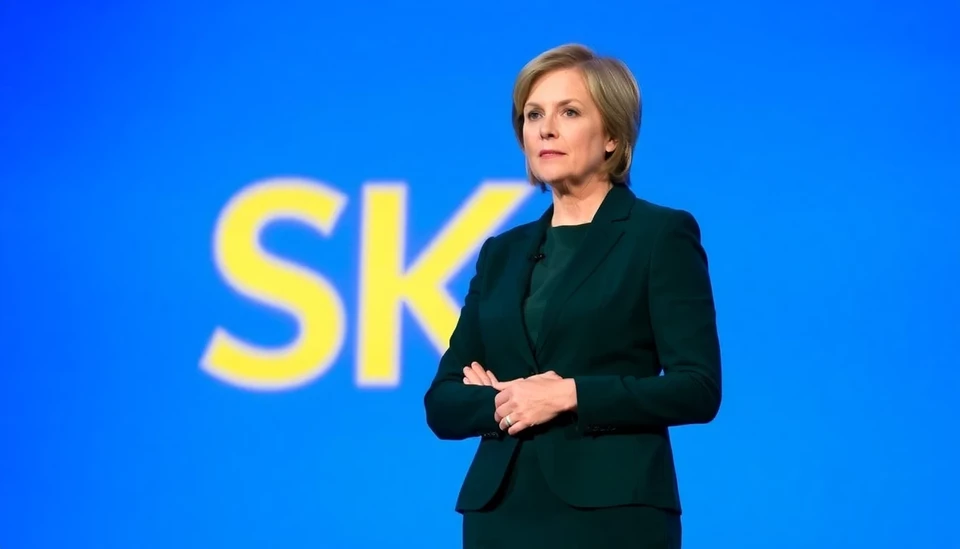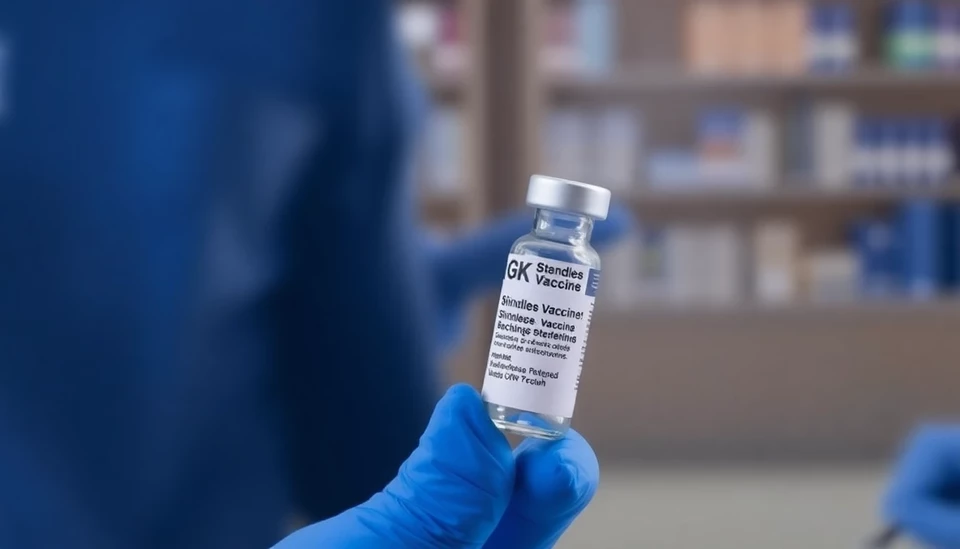
In a stunning revelation from a recent clinical trial, GlaxoSmithKline's (GSK) blood cancer treatment, which the company previously decided to withdraw from the market, demonstrated a remarkable capability to reduce the risk of death among patients with acute myeloid leukemia (AML). This unexpected finding has reignited discussions about the drug's potential and could lead to a reevaluation of its future in cancer therapy.
The investigation primarily focused on the drug, known generically as Blinatumomab, which the pharmaceutical giant had initially pulled back from commercialization due to underwhelming results during earlier phases of research. However, the data emerging from the latest trial suggests otherwise; patients receiving the drug showed a striking 40% decrease in mortality risk compared to those who did not.
This new evidence is particularly significant given the high mortality rates associated with AML, a cancer that affects blood and bone marrow. The disease is notoriously aggressive, and treatment options have remained limited. With survival rates often disheartening, the prospect of effective therapies is vital for those desperately seeking more innovative solutions.
During the trial, which involved a diverse cohort of participants, researchers monitored the effects of Blinatumomab over a specified duration. The results highlighted a notable increase in overall survival rates among participants, offering newfound hope to patients and healthcare providers on the front lines of battling this formidable illness.
In response to these compelling findings, discussions are already underway regarding the potential for GSK to reconsider its strategy surrounding the drug. Pharmaceuticals frequently undergo profound insights and shifts post-trials, and it seems that GSK may be compelled to reassess the viability of releasing Blinatumomab once more. Stakeholders are keeping a close watch on any incoming updates, particularly regarding the company's regulatory approach as it relates to both the U.S. Food and Drug Administration (FDA) and European Medicines Agency (EMA).
Market sentiment around GSK's stock has begun to fluctuate in light of these developments, suggesting that investors are cautiously optimistic about a possible turnaround for the drug and the company’s revenue potential in the oncology space. Analysts predict that reinstated confidence in the drug could propel GSK's market position, especially amidst a competitive landscape where effective blood cancer therapies are urgently required.
Moreover, experts in the oncology field are weighing in on the implications of these revelations. Many specialists have expressed their enthusiasm about the trial's outcome, advocating for broader studies aimed at confirming these promising results. With an increasing push towards personalized medicine and targeted therapies, Blinatumomab's unique mechanism of action may play a pivotal role in treating various blood cancers.
As GSK charts its course ahead, the focus now lies on further investigations to establish the full spectrum of benefits that Blinatumomab offers, not only to AML patients but potentially to other blood-related malignancies. The pharmaceutical giant faces an uphill battle to regain its footing after the drug's withdrawal but is armed with newfound data that may just change the narrative.
In conclusion, as the ongoing discourse between scientific research and pharmaceutical strategy unfolds, GSK's experience serves as a stark reminder of the complexities of drug development in modern medicine. This unexpected turn of events renews hope for patients and researchers alike, signifying that in the world of cancer treatment, the journey toward effective therapies is rarely a linear path.
#GSK #BloodCancer #AML #ClinicalTrial #Pharmaceuticals #CancerTreatment #Blinatumomab #HopeForPatients
Author: Samuel Brooks




